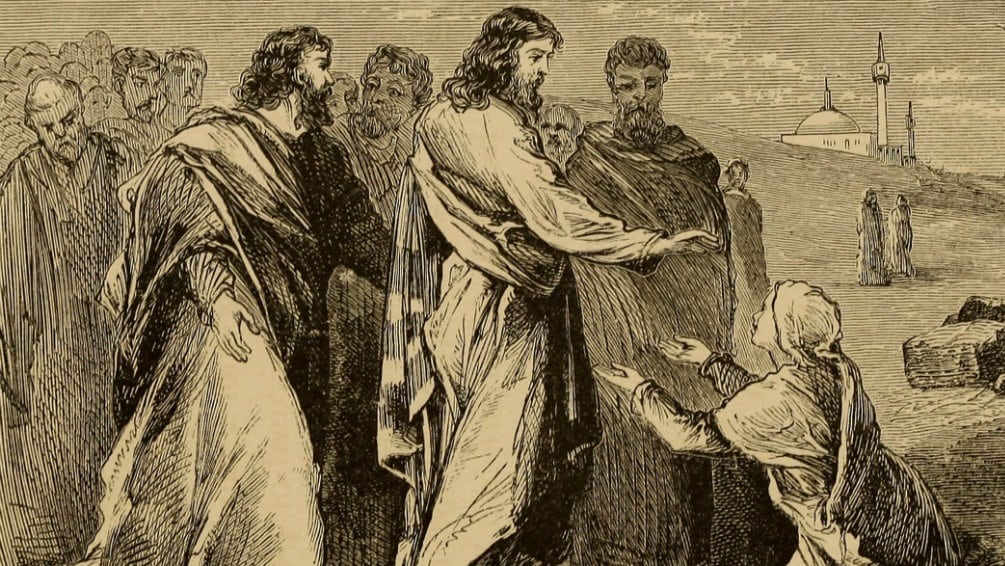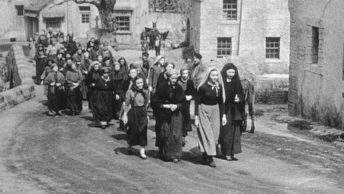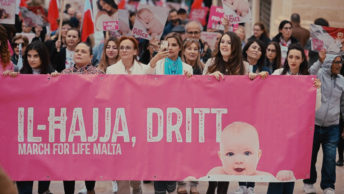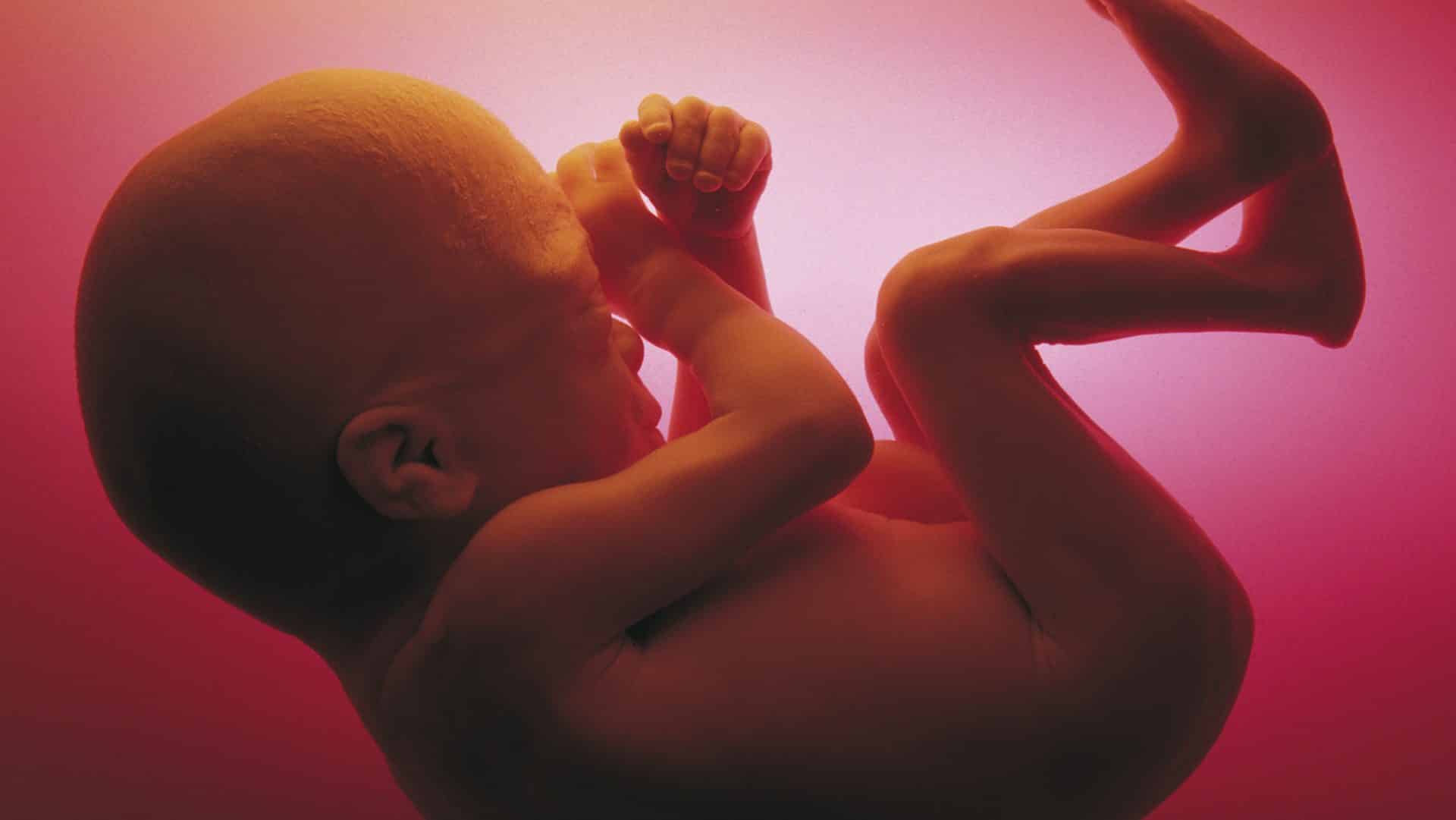Whether we are willing to admit it or not, death is that very mysterious and inescapable reality which, from time to time, gives us pause. Actually, it can be so scary that we might want to put off any reflection on it.
Why is it so? God made us for life: For God formed man to be imperishable. We sense therefore that death cannot be the end of us. We instinctively refuse to believe that our whole being will fade into nothingness. We believe that we will live on, not our flesh, of course, but our being. Yet, regardless of how strong our faith in the fact that we are imperishable might be, we hesitate to face with Christian courage what seemingly appears as our total demise. We, born in time, and having known only time and space and their limits, cannot form an accurate idea of what awaits us, nor can we fathom the concept of eternity, of endless glory, of being in God while keeping our individuality. And we do not get any help from this side of heaven.
The culture of death, as it was called by St. John Paul II, is camouflaging the stark reality of death in euphemisms: for example: abortion, which is the heartless, barbaric destruction of a pre-born baby, is considered a way of preserving the reproductive rights and the privacy of a woman. Infanticide, as in partial birth abortion, is called dilation and partial parturition; a pre-born baby is called potential life. Killing a preborn baby = exercising the right to choose even as this amounts to the cruel dismemberment of a living human being to whom even the reality of feeling pain is ignored. Any decent person can’t help but flinch in horror before the insensitivity and the cruelty hidden underneath those fancy words.
At the other end of the spectrum, some have come up with equally deceiving words: “right to die with dignity.” How does it work? Well, the first step is to extol youth, to glorify what youthful people can do. Then it moves to paint an awful picture of how terrible and embarrassing it must be to become a burden to family, loved ones, community and society in general. Finally, it is to urge those who think that, alas, they have become a burden to society to step aside; seek assisted suicide and thus offer to others, more worthy of life, the opportunity to live more fully!
And in between the two ends of the spectrum? Instead of seeing life as a gift from God to be faced each day as a challenge that requires courage, self-sacrifice, generous self-giving, loving, joyful service, our cynical society insists that, as a rule of thumb, only certain people belonging to some impossible elite are having a meaningful life; the others?…Well, it would be better if they, too, could step aside….
We gather at Holy Mass to receive confirmation of how strikingly different our God is and of how he responds to our fear of dying as well as of all its preceding stages including the one of thinking that we have become useless and burdensome. This is how our God feels about all this: Our God is in heaven, whatever He wills He does. (Psalm 115)
The Book of Wisdom (1:13-15; 2:23-24) assures us that our God is the God of life, and that every single creature he has made is wholesome. The ugliness, the mistakes, the horrific consequences that poison life very often are the result of wrong choices, i.e., of people joining forces with the prince of darkness.
And what will our God do to make life wholesome and meaningful for us? We have only to look at this passage from the Gospel of Mark (5:21-43). Within it, we will see that Jesus is God’s answer to pain, to evil, to death. In Jesus, we see our God directly affected, torn, hurt, tormented by pain and evil. The hemorrhaging woman mentioned here is not supposed to be seen in public because totally impure, yet she feels drawn to Jesus by a force superior even to the stern dictates of the law. And Jesus, God’s answer to our pain, realizes that the power of God’s compassion has gone out of him and healed a woman of faith.
The same is true of the 12-year-old girl who has just been torn from the love of her parents by an untimely death. She was even more impure in her death, yet Jesus defiles himself by taking her by the hand. Here is God’s answer to pain and death: God allows himself to be pained in his very flesh, to have an anguished heart defiled and made impure by our suffering, by our dying. Therefore, the hemorrhaging woman, Jairus and his wife are asked to leave all fear behind and to believe that God wishes to touch them in their isolation and anguish and restore harmony, meaning and order to their lives.
This is the dividing line: on the one side we have those who refuse to believe that we are the objects of God’s love, that every life is sacred, that every life has meaning. We find those who close their heart to others and, in doing so, close their heart to genuine life. Eventually these are the people who will be feeling all the horror of dying, yet without a trace of hope. On the other side we have Jesus, God made flesh, defiled by our miseries, hurt by our wounds, pained by our anguish, yet also totally victorious over all pain, over death itself, asking us not to be afraid of anything, death included, but to have faith in him. Thus, his compassion restored a frightened, yet faith-filled, woman to her community. His compassion prompted him to tell Jairus and his wife to give their daughter something to eat: i.e., to reinstate her into her family around the same table as before.
Do you see how everything falls into place? We came in here with fear about the unknown, and with hurts and pain. The Lord touches us physically with his own Flesh and Blood. He restores us to our community and gives us not just something to eat, but his very self as food, as drink!
It seems clear to me, then, that Jesus calls us to leave our isolation and/or indifference and/or fear behind and welcome his saving action. Jesus wants us to give ourselves something to eat to those who pain and hurt and are frightened. He wants us to be “Eucharist” broken and poured and defiled, and inconvenienced for others. He wishes us to be just like him, Jesus, to be a gift of closeness, caring, concern, support, comfort and hope for others. So, this is how we choose life, we celebrate life and we hope for the endless life in the Lord.








